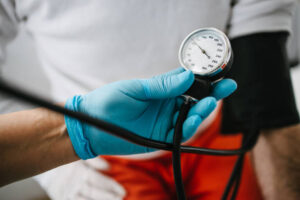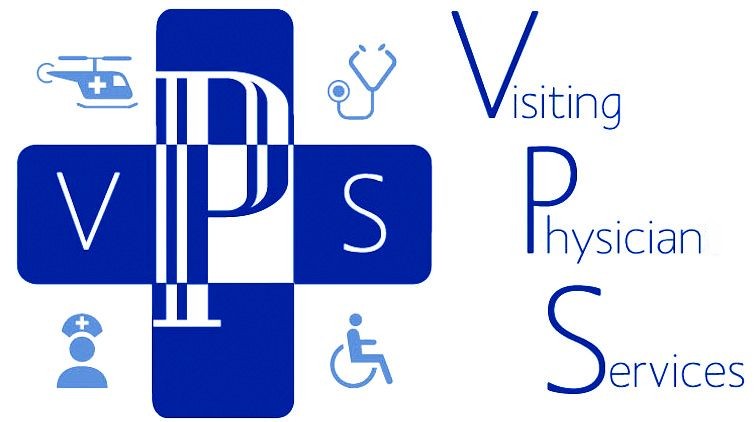Hypertension, or high blood pressure, affects both men and women. However, there are certain considerations and differences regarding hypertension in women that are worth noting. Here are some key points about hypertension in women:
- Prevalence: Hypertension affects a significant number of women. In general, the risk of developing hypertension increases with age for both genders, but after menopause, women have a higher prevalence of high blood pressure compared to men.
- Hormonal factors: Hormonal changes associated with the menstrual cycle, pregnancy, and menopause can influence blood pressure in women. For example, some women may experience an increase in blood pressure during pregnancy (gestational hypertension or preeclampsia), which typically resolves after childbirth but can increase the risk of future hypertension.
- Oral contraceptives: Some forms of hormonal birth control, specifically combined oral contraceptives (estrogen plus progestin pills), can elevate blood pressure in certain women. Regular monitoring of blood pressure is important when using oral contraceptives.
- Menopause and postmenopause: After menopause, when estrogen levels decline, women may experience an increase in blood pressure. This can be related to various factors, including age, weight gain, decreased physical activity, and changes in blood vessel elasticity.
- Effect on heart disease risk: Hypertension increases the risk of developing heart disease in both men and women. However, certain heart disease risks associated with hypertension, such as heart attacks and heart failure, may be more pronounced in women compared to men.
- Impact on pregnancy: High blood pressure during pregnancy, such as gestational hypertension or preeclampsia, can pose risks to both the mother and baby. These conditions require careful monitoring and management by healthcare professionals.
- Symptoms and awareness: Hypertension is often referred to as the “silent killer” because it typically does not cause obvious symptoms. Regular blood pressure checks and awareness of personal risk factors are important for early detection and proper management.
- Lifestyle and prevention: Maintaining a healthy lifestyle is crucial for preventing and managing hypertension in women. This includes adopting a balanced Jinit Shah PRIVACY/CONFIDENTIALITY NOTICE REGARDING PROTECTED HEALTH INFORMATION” This email (and accompanying documents) may contain protected health information that is privileged, confidential and/or otherwise exempt from and protected form disclosure under applicable laws, including the Health Insurance Portability and Accountability Act.
The information contained in this email (and accompanying documents) is intended only for the personal and confidential use of the intended recipient. if the reader of this message is not the intended recipient or the employee or agent responsible for delivering it to the intended recipient, you are hereby notified that you have received this information in error and that any review, dissemination, distribution, copying or action taken in reliance on the contents of this communication is strictly prohibited. If you have received this communication in error, please destroy immediately.
Doctor working procedures and expertise

Measuring blood pressure. Pressure gauge. Hypertension and high heart rate

